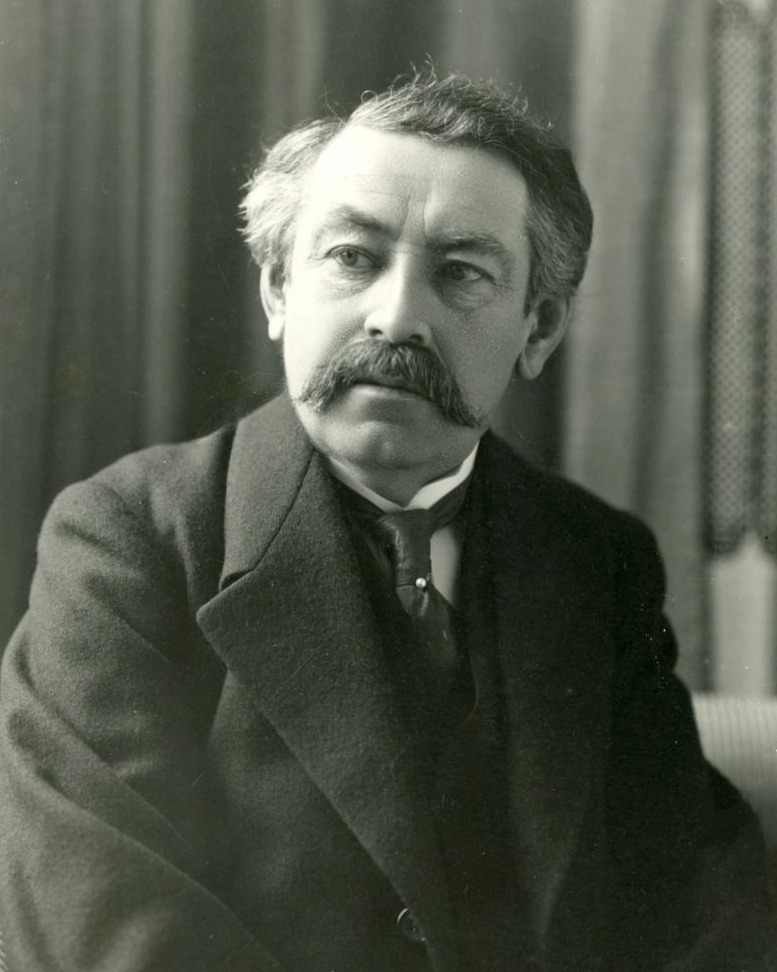raharris1973
Well-known member
So the requirement for this challenge is for France to sustain the security order over western and central Europe it imposed at Versailles 1919, including multiple alliances and ententes it established in the few years after, without a collapse or fatal breach of the system until at least 1963.
Why 44 years? Because I’m making an analogy with another European country that was faced with a massive and terrifying German invasion, was forced to retreat so much the fate of its capital was in doubt, made enormous sacrifices and suffered great human losses, but rallied its own people and own industrial powers, and with significant support from its allies, turned the tide and beat back the Germans, until the Germans couldn’t take it anymore. Subsequently that European power occupied part of Germany, charged it reparations, and made a set of alliances to contain the possibility of a resurgent German threat.
That country of course was the Soviet Union, it’s security system, practically in existence from 1945, but only formally codified in 1955, was the Warsaw Pact, and its system did the containment job without irreparable breach for 44 years, until 1989.
It was a finite amount of time, but it was more than a generation, and more than twice as long as the French-backed post-Versailles alliance system which lasted, generously 19 years (Versailles to Munich), or less generously 17 (Versailles to Rhineland).
Oh, and one more requirement -like the USSR, the France of this challenge needs to be the leader of its own block, unable to appeal to greater or richer powers like Britain or America, who remain aloof at best, for back-up or subsidization.
I submit – A devastated USSR found a way. France could have found a way too.
Why 44 years? Because I’m making an analogy with another European country that was faced with a massive and terrifying German invasion, was forced to retreat so much the fate of its capital was in doubt, made enormous sacrifices and suffered great human losses, but rallied its own people and own industrial powers, and with significant support from its allies, turned the tide and beat back the Germans, until the Germans couldn’t take it anymore. Subsequently that European power occupied part of Germany, charged it reparations, and made a set of alliances to contain the possibility of a resurgent German threat.
That country of course was the Soviet Union, it’s security system, practically in existence from 1945, but only formally codified in 1955, was the Warsaw Pact, and its system did the containment job without irreparable breach for 44 years, until 1989.
It was a finite amount of time, but it was more than a generation, and more than twice as long as the French-backed post-Versailles alliance system which lasted, generously 19 years (Versailles to Munich), or less generously 17 (Versailles to Rhineland).
Oh, and one more requirement -like the USSR, the France of this challenge needs to be the leader of its own block, unable to appeal to greater or richer powers like Britain or America, who remain aloof at best, for back-up or subsidization.
I submit – A devastated USSR found a way. France could have found a way too.
Last edited:



